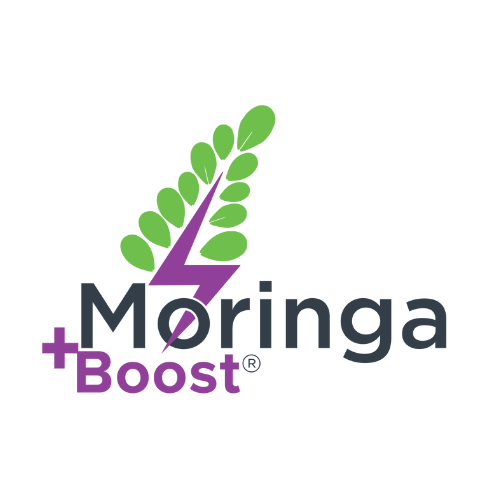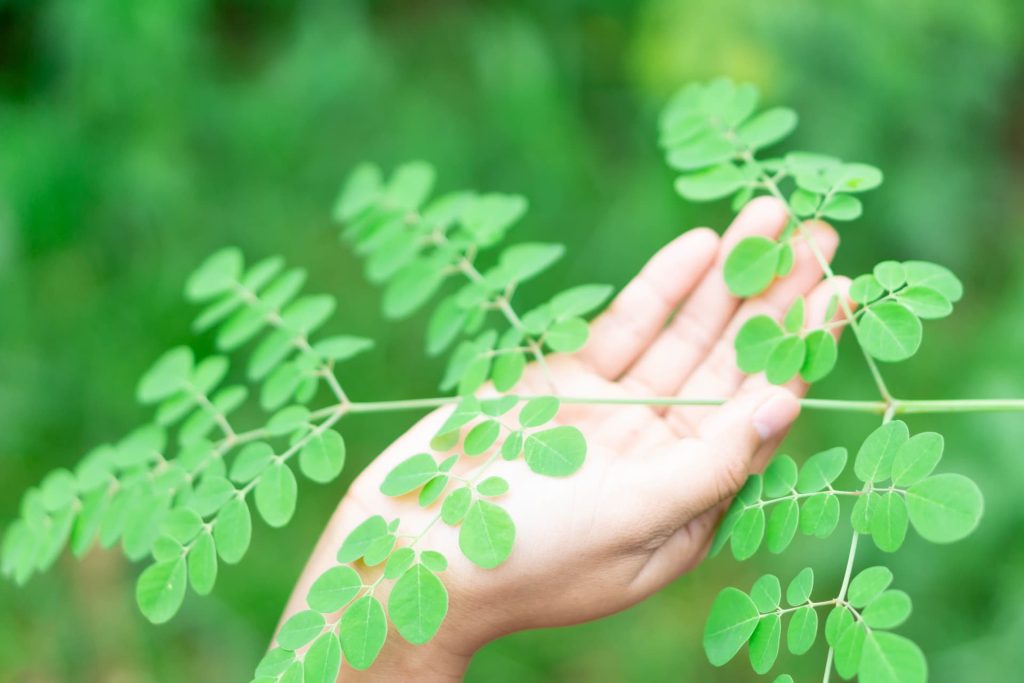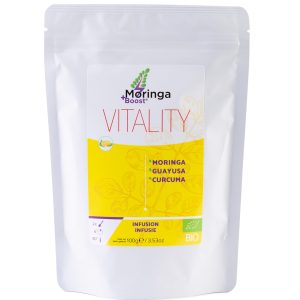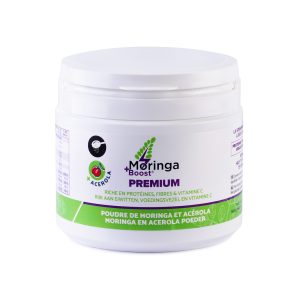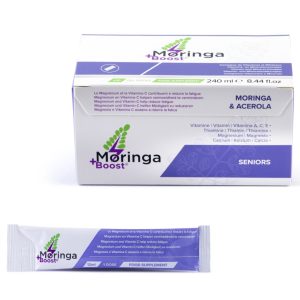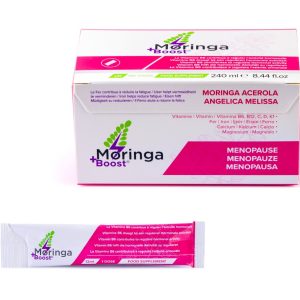Osteoporosis is a major concern for many women as they approach menopause. This silent disease affects bone health, making bones brittle and prone to fracture. Fortunately, there are effective ways to prevent osteoporosis, and two essential nutrients stand out in this field: vitamin K1 and vitamin D.
In this article, we’ll explore the importance of these vitamins for bone health in post-menopausal women, and discuss strategies for preventing menopause-related osteoporosis.
● Understanding osteoporosis and the menopause
Osteoporosis is a disease characterized by reduced bone density and deterioration in bone quality. Bones become porous and brittle, considerably increasing the risk of fractures, particularly of the hips, wrists and spine.
For women, the menopause period, which generally occurs around the age of 50, is a critical time. The hormonal changes associated with menopause, particularly the reduction in estrogen levels, increase the risk of osteoporosis.
Smoking is a significant risk factor that can increase the risk of osteoporosis in women after the menopause. Oily fish, enriched with vitamin D, should be a regular part of the diet to help prevent the risk of osteoporosis.

● The role of Vitamin K1 in bone health in postmenopausal women
Vitamin K1 supplementation is recommended for post-menopausal women to counteract accelerated bone resorption.
This vitamin plays a crucial role in bone health, especially for post-menopausal women. It is involved in the formation of proteins, which are essential for fixing calcium in the bones. In the absence of sufficient vitamin K1, calcium has difficulty binding to the bones, which can lead to bone fragility.
For post-menopausal women, the importance of vitamin K1 lies in its ability to counteract the increased bone loss caused by estrogen depletion. By increasing your vitamin K1 intake, you can help maintain bone density and reduce the risk of osteoporosis.
For this, choose foods rich in vitamin K1, such as green leafy vegetables (kale, spinach, broccoli) and vegetable oils (olive oil, rapeseed oil) to boost bone health.
A diet rich in vitamins, particularly vitamin D, is crucial to support the immune system and bone health of post-menopausal women.
Vitamin D plays a key role in preventing osteoporosis in post-menopausal women. It helps the body absorb calcium, which is essential for maintaining bone density. In addition, vitamin D stimulates the production of osteocalcin, a protein that binds calcium in the bones.
Menopausal women are often faced with a decrease in their body’s ability to absorb calcium, which makes vitamin D all the more crucial. Vitamin D deficiency is common, especially among the elderly and those who spend less time in the sun.
To maintain good bone health after the menopause, it’s essential to obtain sufficient vitamin D from the diet and, if necessary, food supplements. Foods rich in vitamin D include salmon, tuna, fortified milk, eggs and mushrooms. Consult your healthcare professional to determine whether a vitamin D supplement is necessary to meet your individual needs.
Vitamin K1 and vitamin D work synergistically to support bone health in post-menopausal women. Vitamin K1 is needed to activate the proteins that bind calcium in the bones, while vitamin D facilitates calcium absorption in the intestine.
What’s more, vitamin K1 also prevents soft tissue calcification, which can be detrimental to vascular health. By combining vitamin K1 and vitamin D, you can contribute to both bone health and the prevention of cardiovascular disease, which can also be of greater concern after menopause.

● Strategies to prevent osteoporosis in postmenopausal women
Including a vitamin-rich dietary supplement can be an asset for post-menopausal women looking to boost their bone health. Hot flushes can be effectively managed through a balanced diet and the use of suitable dietary supplements.
In addition to increasing your intake of vitamin K1 and vitamin D, there are other important strategies for preventing osteoporosis in post-menopausal women. Here are a few practical tips:
1. Adopt an active lifestyle: Regular exercise, especially muscle-strengthening and weight-bearing activities, helps support bone mass. Resistance exercises are particularly beneficial.
2. Avoid smoking and limit alcohol consumption: Smoking and excessive alcohol consumption are associated with an increased risk of osteoporosis.
3. Maintain a healthy weight: Proper body weight reduces pressure on bones. Controlled weight loss and regular exercise are preventive measures against long-term osteoporosis.
4. Plan regular screenings: If you’re at risk of osteoporosis because of early menopause, family history or medication, talk to your doctor about the possibility of having a bone densitometry.
5. Optimize your calcium intake: Calcium is essential for bone health. Almonds, green leafy vegetables and calcium-enriched products are good sources. Dairy products, as calcium-rich foods, play an essential role in reducing bone loss in post-menopausal women. To reduce the risk of osteoporosis, opt for calcium-rich foods and activities that reduce oxidative stress.
6. Manage stress: Chronic stress can adversely affect bone health. Meditation, yoga and other stress management techniques can be beneficial.
7. Consult a health care professional: If you have concerns about your bone health, or if you have a family history of osteoporosis, consult a health care professional for regular follow-up.
● Enrich your diet with specific food supplements
MoringaBoost has developed a dietary supplement specifically designed for women in menopause and post-menopause.
A real source of antioxidants, made with Moringa, Acerola, Angelica and Lemon Balm, it not only looks after the health of your bones, but also the maintenance of your skin and your emotional state.
By taking one stick of MoringaBoost MÉNOPAUSE gel every morning, on its own or with yoghurt, you give your body all the elements it needs to get through this stage of life with peace of mind.
In addition to Vitamin K1 and Vitamin D, it also contains Vitamin B6, which helps regulate hormonal activity, and Vitamin B12, which acts on the immune system and can help you manage emotional disorders, as well as minerals such as Calcium, Iron and Magnesium.
Sleep disorders in post-menopausal women can be alleviated by dietary supplements containing essential vitamins and minerals.
● Conclusion
Osteoporosis prevention is crucial for menopausal women, who are more vulnerable to bone health problems due to hormonal changes.
Vitamin K1 and vitamin D play a key role in preserving bone density and preventing menopause-related osteoporosis. By ensuring you get enough of these nutrients, adopting a healthy lifestyle and taking preventive measures, you can significantly reduce the risk of developing osteoporosis. Take care of your bones and enjoy an active, fulfilling life, even after the menopause.
Don’t forget to consult a healthcare professional for advice specific to your individual situation. Preventing osteoporosis is a valuable investment in your future, especially for post-menopausal women.
● References
- Reduced estrogen levels: https: //www.ncbi.nlm.nih.gov/pmc/articles/PMC3118509/
- Foods rich in vitamin D: https: //ods.od.nih.gov/factsheets/VitaminD-HealthProfessional/
- Vitamin K1 supplementation: https: //www.ncbi.nlm.nih.gov/pmc/articles/PMC4600246/
